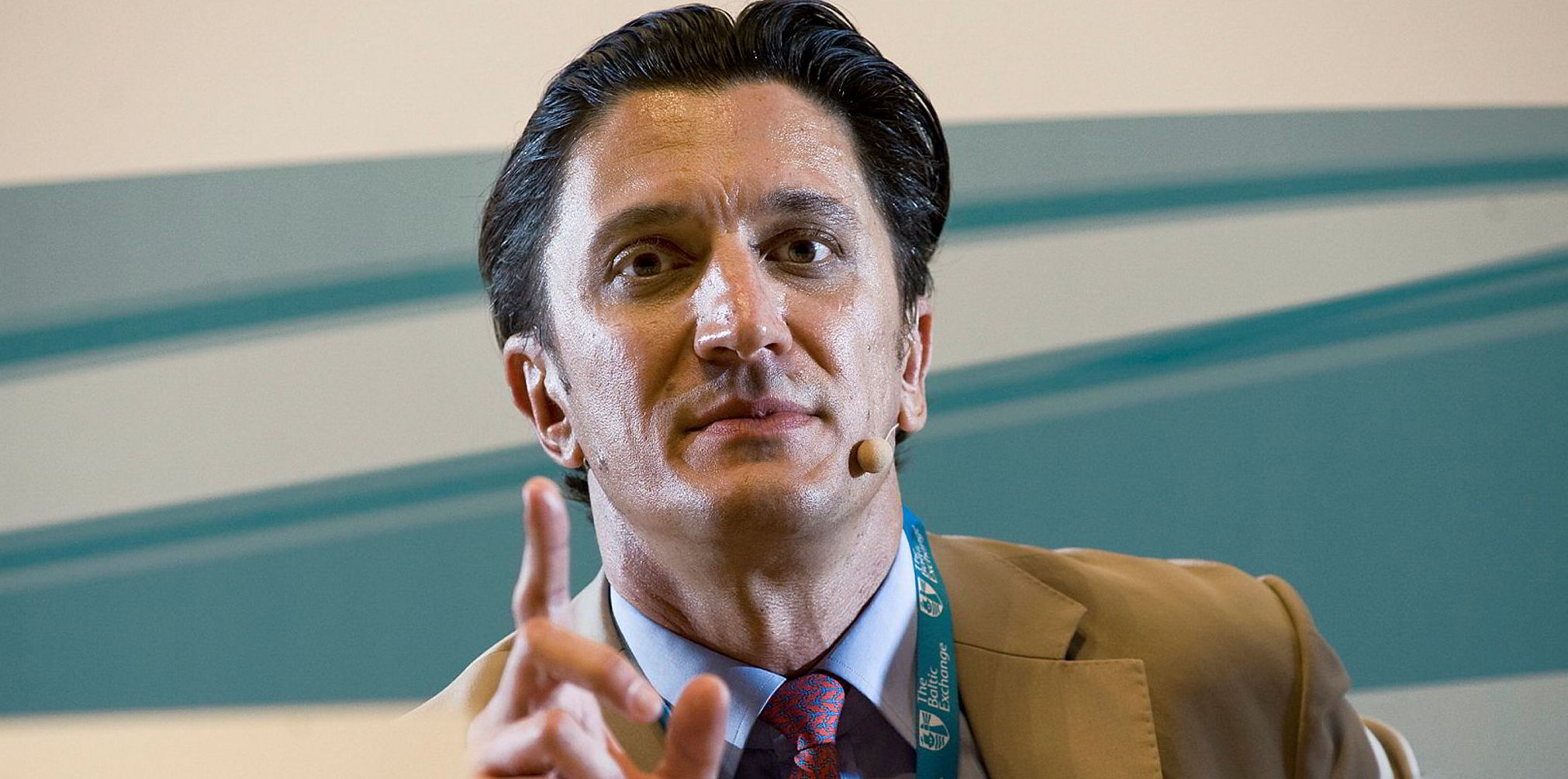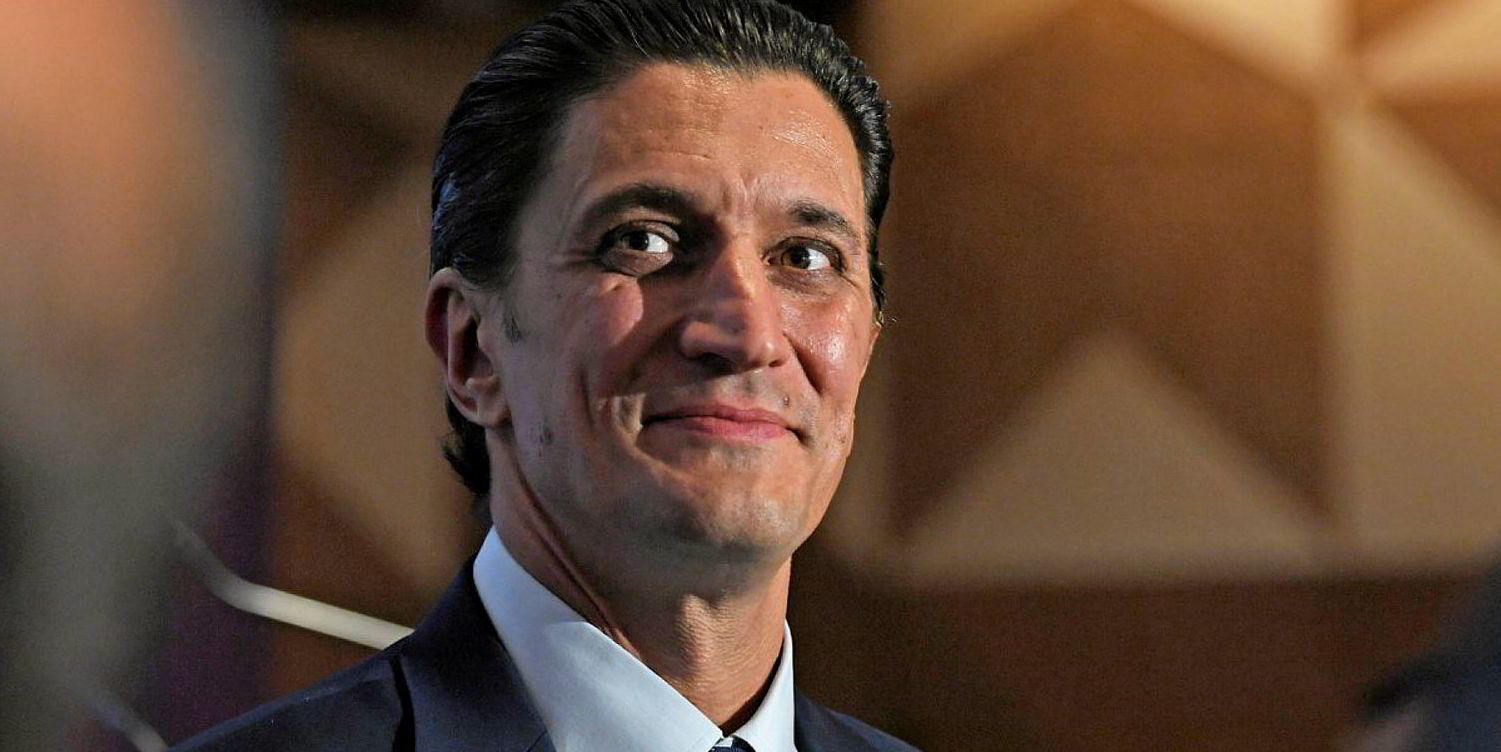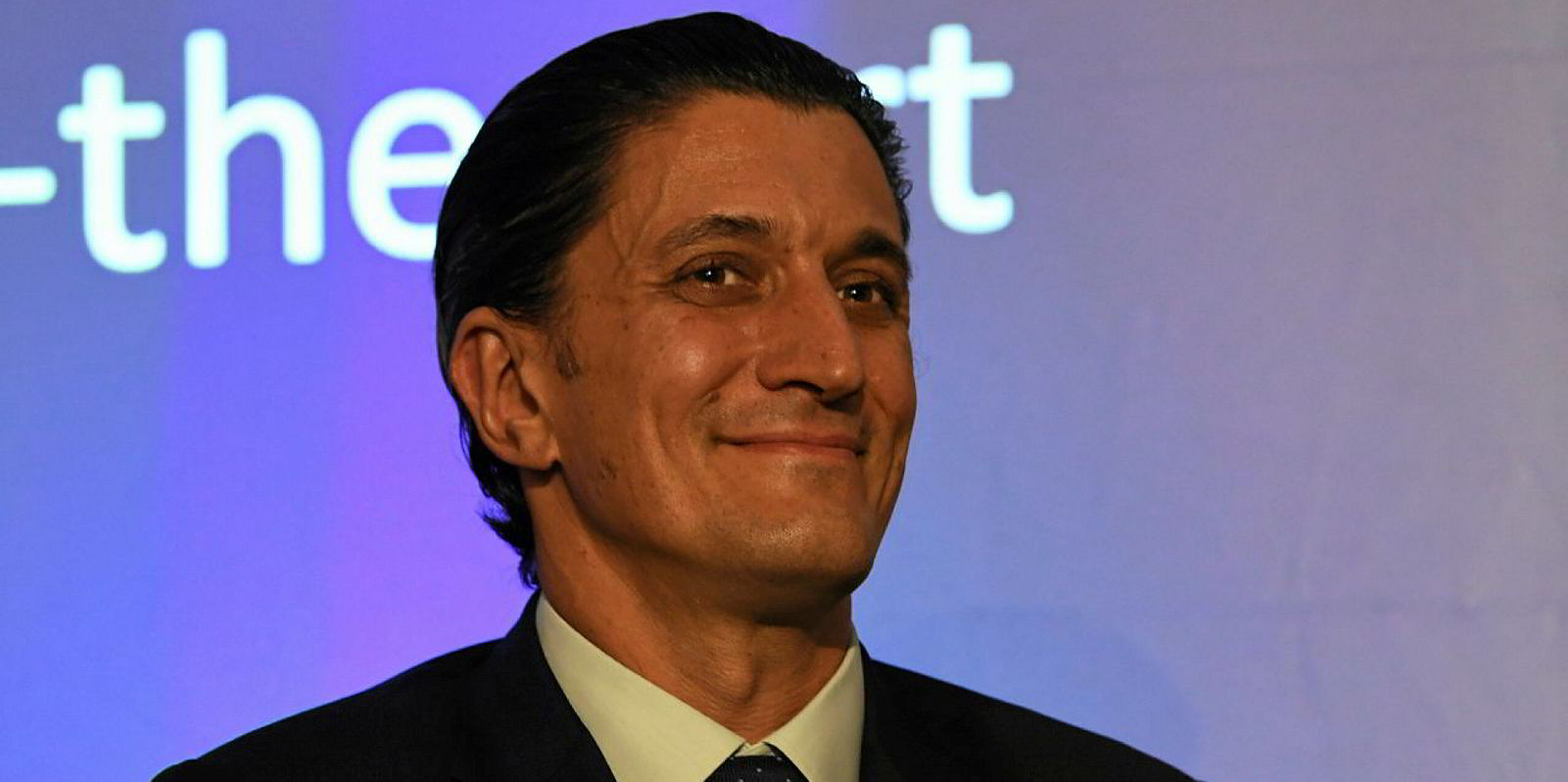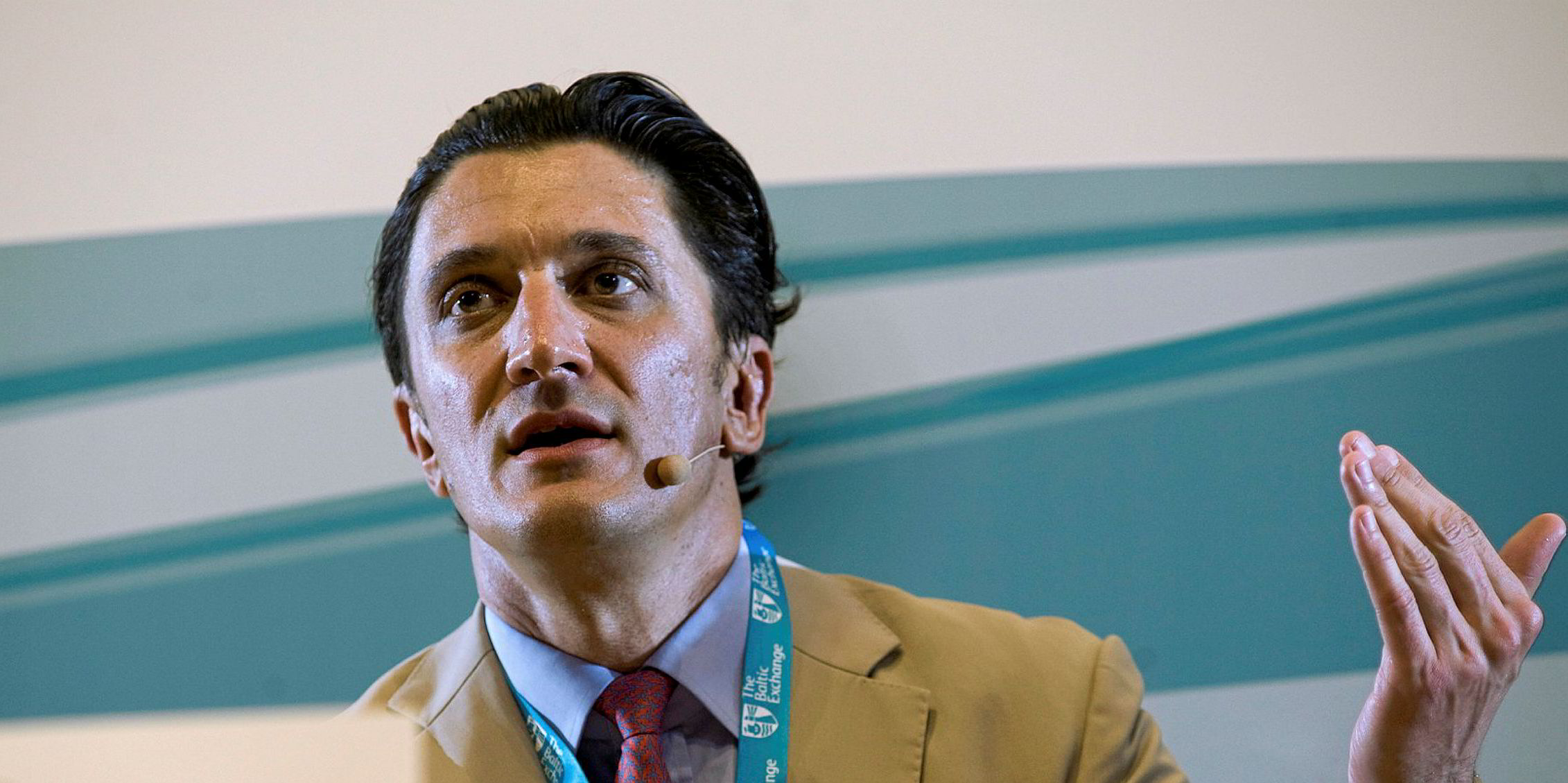Where old-school shipping meets the new school, that’s where you find John Michael Radziwill.
The C Transport Maritime (CTM) boss and head of Oslo-listed bulker owner GoodBulk was mentored by his grandfather, John M Carras, and his first cousin Costa M Lemos, both of famous Greek shipping dynasties.
But Radziwill also has a quote from Walmart founder Sam Walton on his desk that reads: “There is only one boss — the customer. And he can fire everybody in the company from the chairman on down, simply by spending his money somewhere else.”
Radziwill is leading the charge in transforming shipping into a more professionalised, customer-focused industry and wants to foster an attitude of what he calls “principled entrepreneurship”.
“The most effective business people are identified by their service to the business and what they have achieved. It’s not about you — it’s about the entity that you are leading,” he tells TW+.
Coming from a shipping family gave him a love for the business, but he takes inspiration in his leadership style and strategy from his extensive reading and interactions with others in the business world.
“Maybe you don’t need all that mystic stuff,” he says of so-called traditional-style shipowning, “but you need to be able to pivot. The starting point to be effective is that you’ve got to have a passion — you’ve got to love the game.
“The approach I think a businessman should take in general is one of creative destruction. You have to keep changing, you’ve got to keep improving and adapting to the parameters that the market or that life gives you.”
There’s no long-term good in trying to trick and fool outside investors. You want to try and help them along as much as possible because that’s another way you bring more capital and more liquidity into the space
John Michael Radziwill
This approach appears to be bearing fruit. GoodBulk last year returned around $100m to shareholders, who include Radziwill.
Meanwhile, CTM, which shares this same customer-focused ethos, continues to grow with additions to its bulker pools.
“At CTM, we want to have better outcomes for shipowners,” Radziwill says.
It is incumbent on everyone in the industry to try to change and improve it in some way, he believes. For his part, he wants to see shipping become fairer and to create a more level playing field for participants, which will be helped by increased digitalisation. In his view, an owner with one ship should be able to participate in the marketplace with the same level of information and advantage as an owner with 100 ships.
“We want to promote as transparent a marketplace as possible,” he adds. “There’s no long-term good in trying to trick and fool outside investors. You want to try and help them along as much as possible because that’s another way you bring more capital and more liquidity into the space.
“[By] creating a transparent and trustworthy environment, you know that managers — it may be myself or whoever — are striving for those customers, not trying to deceive them.”
Profits, to his mind, should come from delivering added value. He is also passionate about raising safety standards and taking care of crews.
Radziwill has been a vocal proponent of slow steaming as a means of raising shipping’s environmental standards and cutting emissions, as well as improving freight pricing by reducing vessel supply.
“It’s a practical and efficient solution where everyone is aligned and which can be implemented right away,” he says.
His message to the industry is: “Let’s do what we can. Let’s limit newbuildings, slow down our ships, lower costs and prioritise safety. It will translate to a better bottom line eventually.
“It is possible to facilitate change. To be successful and effective, we have to try and make things as good as they can be.”








